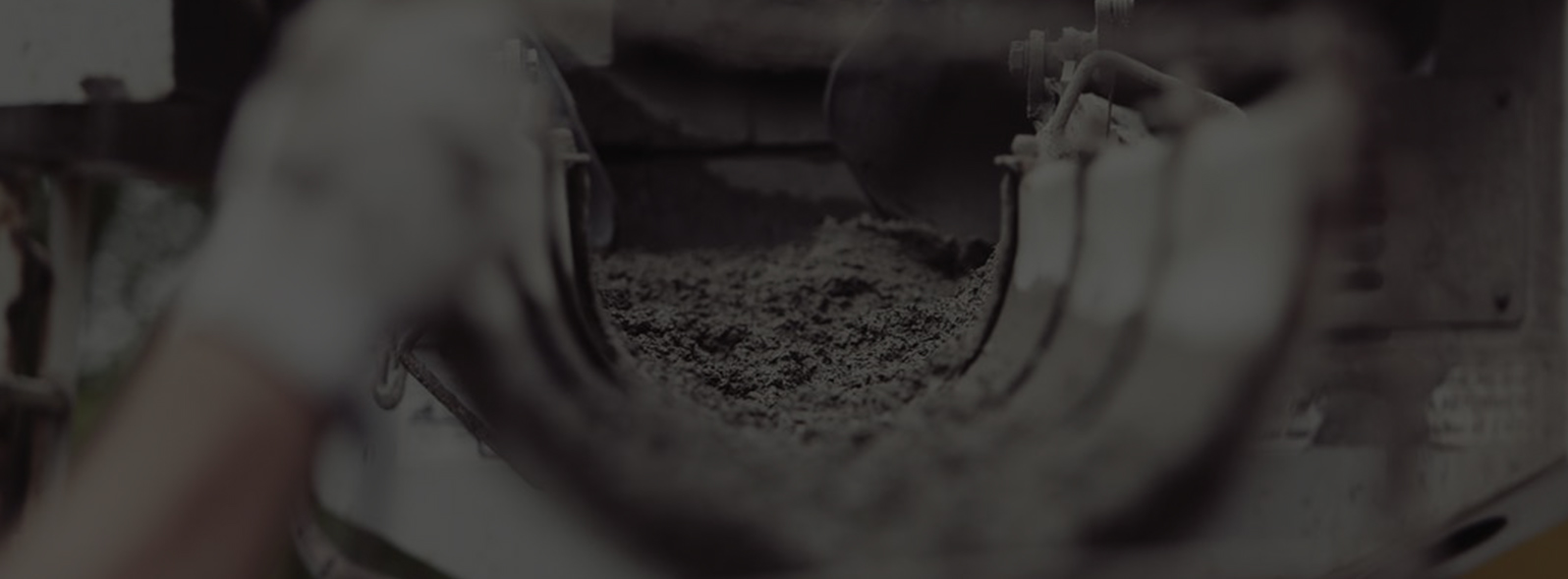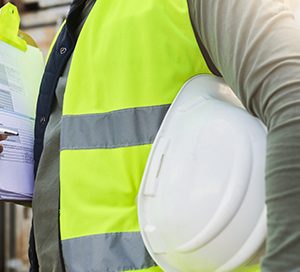With construction one of the fastest growing industries in the Australian economy, more people than ever are looking for innovative ways to make themselves indispensable in the field. Many are turning to concreting – a highly versatile and transferrable role – in order to help them break into the industry.
As part of the construction industry, all concreters are required to register with and achieve certification from their state’s respective building licensing authority. Each of these authorities has slightly different requirements for prospective licensees, so having a thorough understanding of your own state’s rules is absolutely necessary. To help you make the right choice for your career, we’ve put together this short guide to the registration requirements for concreters in Australia’s three most populous states. Read on and take your first step into the industry with confidence.
- Certificate III in Air-conditioning and Refrigeration – UEE32220
- Certificate III in Automotive Electrical Technology – AUR30320
- Certificate III in Cabinet Making and Timber Technology – MSF30322
- Certificate III in Carpentry – CPC30220
- Certificate III in Commercial Cookery – SIT30821
- Certificate III in Concreting – CPC30320
- Certificate III in Construction Waterproofing – CPC31420
- Certificate III in Engineering – Fabrication Trade – MEM31922
- Certificate III in Engineering – Mechanical Trade – MEM30219
- Certificate III in Heavy Commercial Vehicle Mechanical Technology – AUR31120
- Certificate III in Landscape Construction – AHC30916
- Certificate III in Light Vehicle Mechanical Technology – AUR30620
- Certificate III in Mobile Plant Technology – AUR31220
- Certificate III in Painting and Decorating – CPC30620
- Certificate III in Roof Plumbing – CPC32620
- Certificate III in Wall and Floor Tiling – CPC31320
- Certificate IV in Building and Construction – CPC40120
- Certificate IV in Kitchen Management – SIT40521
- Certificate IV in Plumbing and Services – CPC40920
- Diploma of Building and Construction (Building) – CPC50220
- Diploma of Early Childhood Education and Care – CHC50121
- Click here to view 100+ other Qualifications















